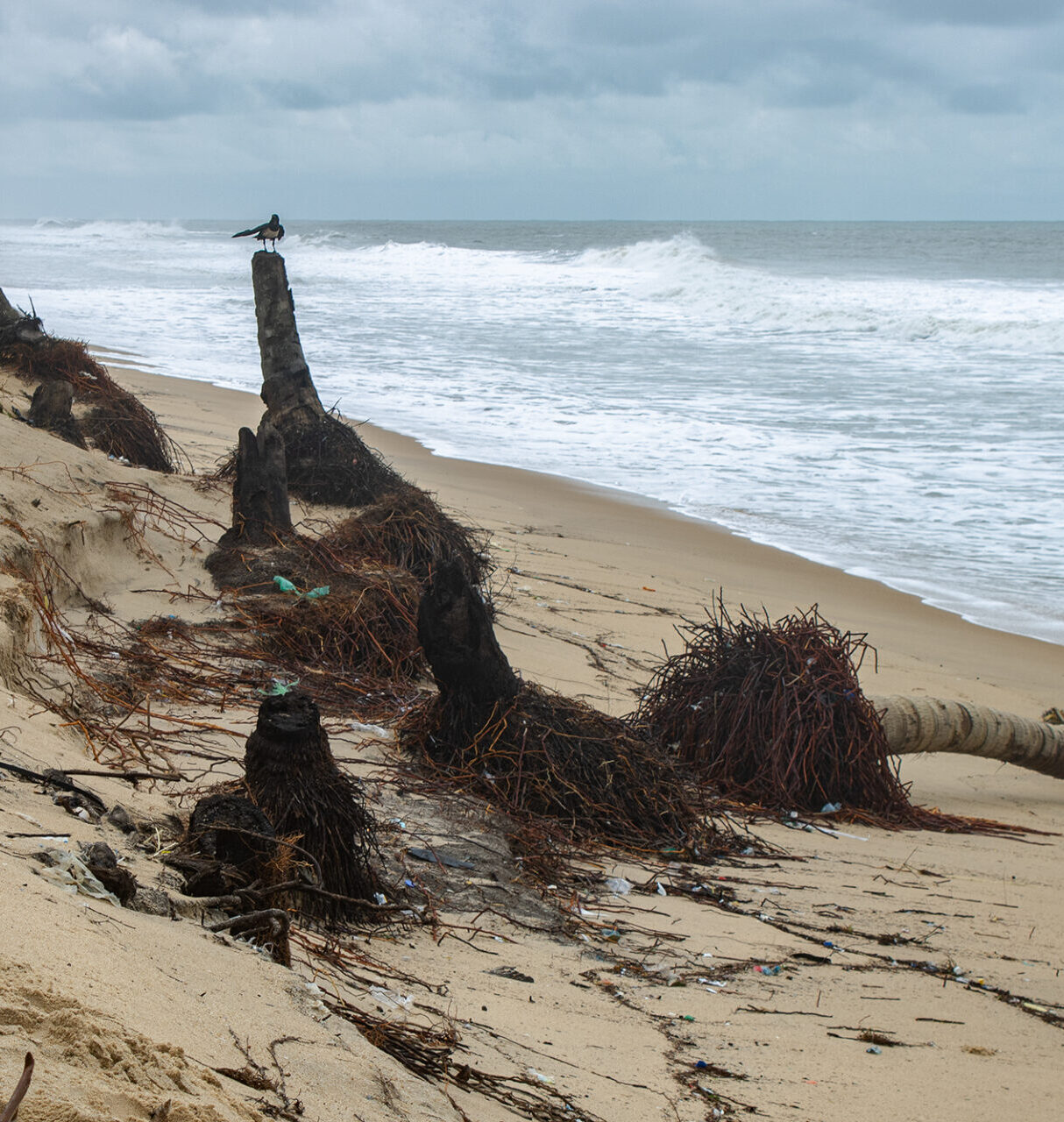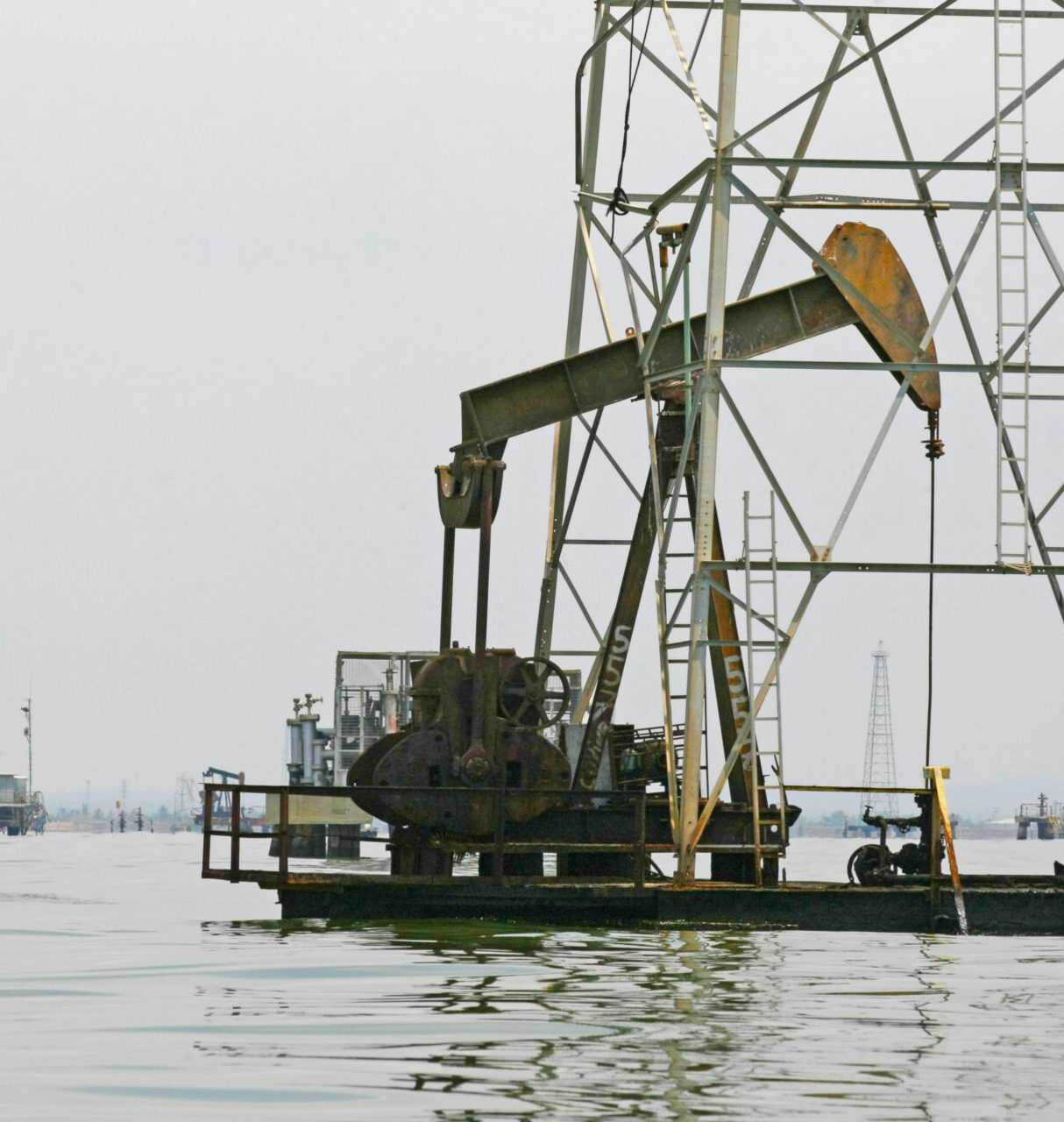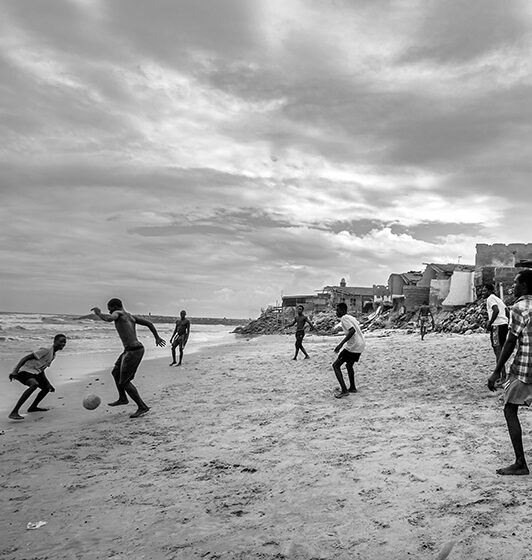HLS 20449
Human Rights in the UN Treaty Bodies
This advanced seminar was designed as a capstone experience in human rights. It will focus on selected topics relating to the work of the UN human rights treaty bodies, including the Human Rights Committee (of which the instructor was previously a member), often in comparative perspective.
Mon, Jan 27, 2025









